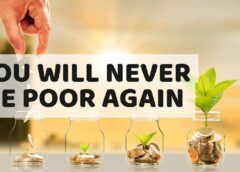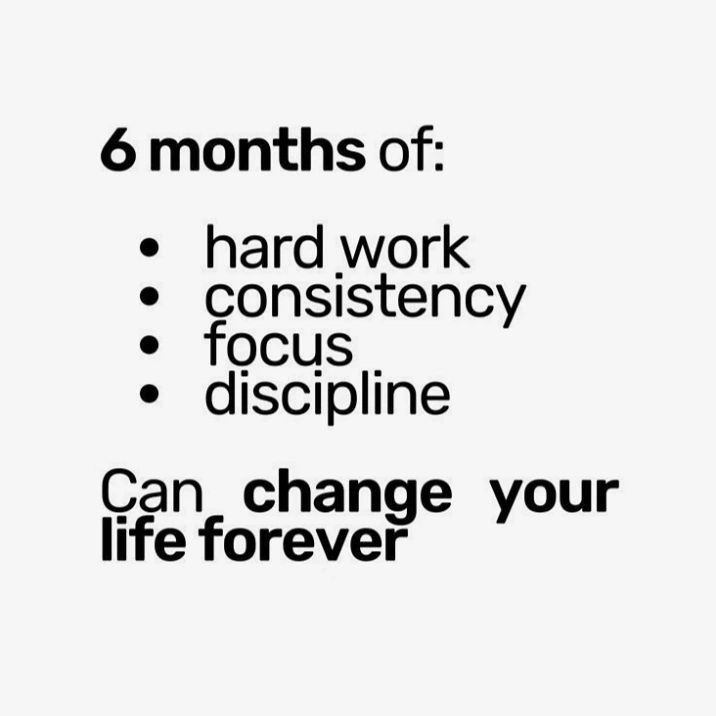
### Start Doing This Today! “You Will Never Be Poor Again”
The educational system often fails to provide comprehensive financial literacy, leaving many in the dark about managing money, investing, and building wealth. This gap creates a significant divide between the financial knowledge of the rich and that of the poor and middle class. As Robert Kiyosaki highlights in his book “Rich Dad Poor Dad,” the lessons taught to the wealthy are vastly different from those taught in schools. This article delves into these disparities and provides actionable steps to transform your financial future.
#### The Hidden Curriculum
From a young age, many are taught that the path to financial success lies in hard work, saving money, and avoiding debt. However, this traditional advice is outdated and does not align with the strategies employed by the wealthy. The rich understand that money management goes beyond simply saving—it involves making smart investments and leveraging debt to build wealth.
In 1971, President Nixon removed the dollar from the gold standard, allowing for more money to be printed and leading to inflation. Despite this, children are still taught to save money, a strategy that may not yield the desired results in an inflationary environment. Instead, understanding how money works and learning to invest wisely are crucial.
#### Redefining Assets and Liabilities
One of the fundamental lessons from “Rich Dad Poor Dad” is the importance of distinguishing between assets and liabilities. An asset puts money into your pocket, while a liability takes money out. For example, owning rental properties that generate monthly cash flow is an asset. Conversely, a large house that incurs ongoing expenses without generating income is a liability.
By focusing on acquiring assets and minimizing liabilities, you can create a steady stream of passive income. This shift in perspective is essential for building long-term wealth.
#### The Tax Advantage
Another critical difference between the rich and the poor is their understanding of taxes. Many people are unaware that taxes are often their biggest expense. The wealthy, however, use strategies to minimize their tax burden legally. This includes taking advantage of tax deductions, credits, and other financial tools.
For example, Ray Kroc, the CEO of McDonald’s, emphasized that the company was not just in the business of selling hamburgers but also in acquiring valuable real estate. By focusing on assets that generate income and appreciating in value, McDonald’s minimized its tax liabilities.
#### The Power of Mindset
A significant barrier to financial success is the mindset of scarcity. Phrases like “I can’t afford it” or “I’m not made of money” are common among those who struggle financially. In contrast, adopting a mindset of possibility and asking “How can I afford this?” opens up opportunities for growth and investment.
Changing your internal dialogue from one of limitation to one of potential can dramatically alter your financial trajectory. It’s about shifting from a fixed mindset to a growth mindset, where challenges are viewed as opportunities to learn and improve.
#### Learning from Mistakes
Embracing failure as a part of the learning process is vital. Every successful person has encountered setbacks, but it’s their ability to learn from these experiences that sets them apart. By viewing mistakes as opportunities to gain knowledge and refine strategies, you can continue to grow and succeed financially.
#### Take Action Today
To start transforming your financial future, consider the following steps:
1. Educate Yourself: Learn about financial management, investing, and the tax code. There are numerous resources available, from books and online courses to seminars and financial advisors.
2.Invest in Assets : Focus on acquiring assets that generate passive income, such as real estate, stocks, or businesses.
3. Minimize Liabilities: Be mindful of your expenses and avoid acquiring liabilities that do not contribute to your financial growth.
4. Change Your Mindset: Replace limiting beliefs with empowering questions. Instead of saying, “I can’t afford it,” ask, “How can I afford it?”
5. Learn from Mistakes: View setbacks as learning opportunities and continue to refine your financial strategies.
By implementing these steps and shifting your perspective on money, you can break free from the cycle of financial struggle and achieve lasting wealth. Start today, and you will never be poor again.




